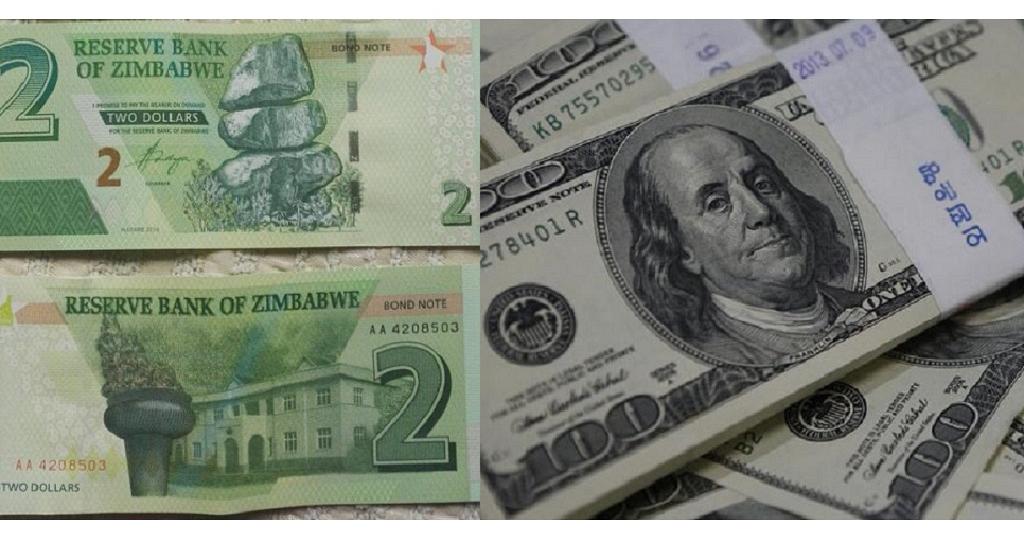The powers that be have had a very busy weekend in trying to prop up the flailing Zimbabwean dollar against the US dollar. A lot has happened in the last two weeks culminating in the closure of rate publishing websites by order of the RBZ. Over the weekend the Financial Intelligence Unit instructed Mobile Network Operators to stop printing physical recharge cards and vouchers as they were being sold for forex. Not to be outdone the Minister of finance professor Mthuli Ncube indicated that Zimbabwe would not adopt the US dollar but would instead arrest business operators that did not accept Zimbabwean dollars as he spoke at the Parliamentary pre-budget seminar. At the same event Reserve Bank of Zimbabwe governor John Mangudya said the RBZ intends to set up mobile bureau de changes to make sure citizens countrywide can access the facility that allows them to buy US$50 per week.
Airtime vendors up next
The battle has been raging on for years in all honesty and it was perhaps inevitable that the FIU or someone would turn its eye to the recharge card printers. The FIU in a directive dated Friday 22 October asserts that bulk airtime purchasers are buying airtime in Zimbabwean dollars and then turning around to sell that airtime in US dollars at a rate above the official market rate. The Directive orders mobile network operators and related parties to create a plan to phase out physical recharge cards and submit it by the 7th of November. In the meanwhile, resellers are directed to limit sales to individuals top 5 vouchers or ZWL$10 000 whichever is higher. Individuals will be allowed to cash into mobile money for the purpose of buying airtime but no cashouts are permitted.
Arrests to come
While the Minister of Finance amid clamouring for the drop of the Zimbabwean dollar altogether was defiant stating that Zimbabwe’s economy was in an abnormal situation and disequilibrium is to be expected. The minister argued that there was space for both the Zimbabwean dollar and the US dollar in the economy with the US dollar performing the store of value function while the Zimbabwean dollar acts as the unit of account and medium of exchange. He went on to say arrests will be visited upon those who do not honour the Zimbabwean dollar in future. It seems we wade closer and closer into price control territory with each passing week.
BDCs to go mobile like change-moneys
The positive piece of news from the weekend came from the usually combative RBZ governor John Mangudya who said they want to take the Bureau de changes mobile to allow more people access to the facility to purchase US$50 per week at the official auction rate. The feasibility of the idea is questionable, with a foreign currency shortage plaguing the auction system and causing delays of up to 6 weeks adding a demand that could run into 10s of millions of US dollars per week doesn’t exactly inspire confidence. However, it does show that the governor is somewhat dealing with reality. The reality is lowering the price of a commodity in a market is only achievable when you offer the lower priced item at scale. Will your local change-money be replaced by a bureau de change licenced person at the corner?
An active weekend as authorities grapple with the rapid collapse of the local currency on the dominant parallel market. The focus on treating symptoms is still a big feature of their efforts and it’s a bit of a running joke to see what they will target next.








